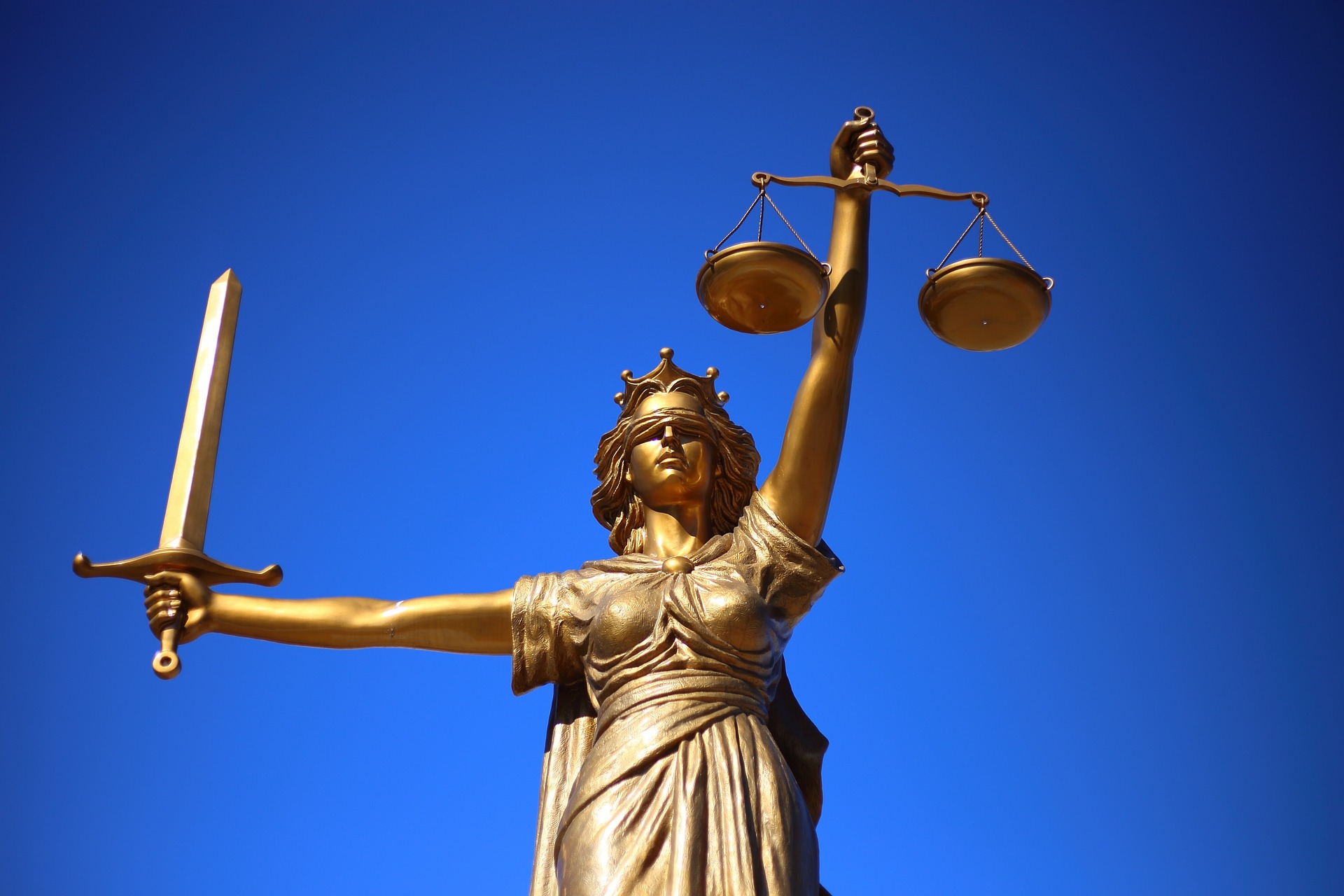Decoding the Paradox of Whistleblower Protections in America
Whistleblower protections are a contentious issue in America, balancing the scales of justice between the individual's right to free speech, government transparency, and national security. This complex interplay is often misunderstood by the general public, yet it is a critical component of the American legal system.

Whistleblowing and its Legal Framework
Whistleblowing refers to the act of exposing wrongdoing or illegal activities within an organization. In the United States, the legal framework protecting whistleblowers largely stems from the Whistleblower Protection Act of 1989 and the Sarbanes-Oxley Act of 2002. These acts protect federal employees and private sector employees, respectively, from retaliation for disclosing information about illegitimate activities within their organizations.
The Role of Whistleblowers in Promoting Transparency
Whistleblowers play a crucial role in promoting transparency and accountability in government and private organizations. By revealing misconduct, they serve as a check on power and corruption. Whistleblowers such as Edward Snowden and Chelsea Manning have brought to light substantial issues concerning civil liberties and national security.
The Dichotomy of National Security and Whistleblower Rights
Whistleblower rights and national security can often come into conflict. While transparency is crucial, it’s also essential to protect national security secrets. The debate over whether individuals like Snowden are heroes or traitors underscores this dichotomy. Legal protections for whistleblowers can be limited when national security is at stake, which complicates the resolution of such cases.
Whistleblower Protections and the First Amendment
The First Amendment to the U.S. Constitution protects freedom of speech, but it does not guarantee absolute protection for whistleblowers. Courts have ruled that whistleblowers’ free speech rights can be curtailed if they reveal classified or sensitive information. This creates a paradox where whistleblowers are both encouraged to reveal wrongdoing and potentially punished for doing so.
Reforming Whistleblower Protections: The Path Ahead
There is a clear need to reform whistleblower protections in the United States to better balance the needs of national security with the rights of individuals. This could include clearer guidelines on what types of disclosures are protected, stronger legal protections against retaliation, and better oversight of whistleblower cases.
Useful Tips and Facts:
- The Whistleblower Protection Act of 1989 protects federal employees who disclose government waste, fraud, and abuse.
- The Sarbanes-Oxley Act of 2002 extends similar protections to private sector employees.
- Whistleblowers play a crucial role in maintaining transparency and accountability in government and private organizations.
- National security concerns can sometimes limit whistleblower protections.
- First Amendment protections for whistleblowers are not absolute and can be limited in cases involving classified or sensitive information.
In conclusion, understanding the paradox of whistleblower protections is critical to understanding the balance between individual rights and national security in America. As this issue continues to evolve, it will be important for lawmakers, legal scholars, and the public to engage in informed discussions about how to best protect whistleblowers while also safeguarding our national security. As citizens, we should understand the importance of whistleblowing in maintaining a democratic society and the complexity of protecting those who dare to speak out against wrongdoing.




